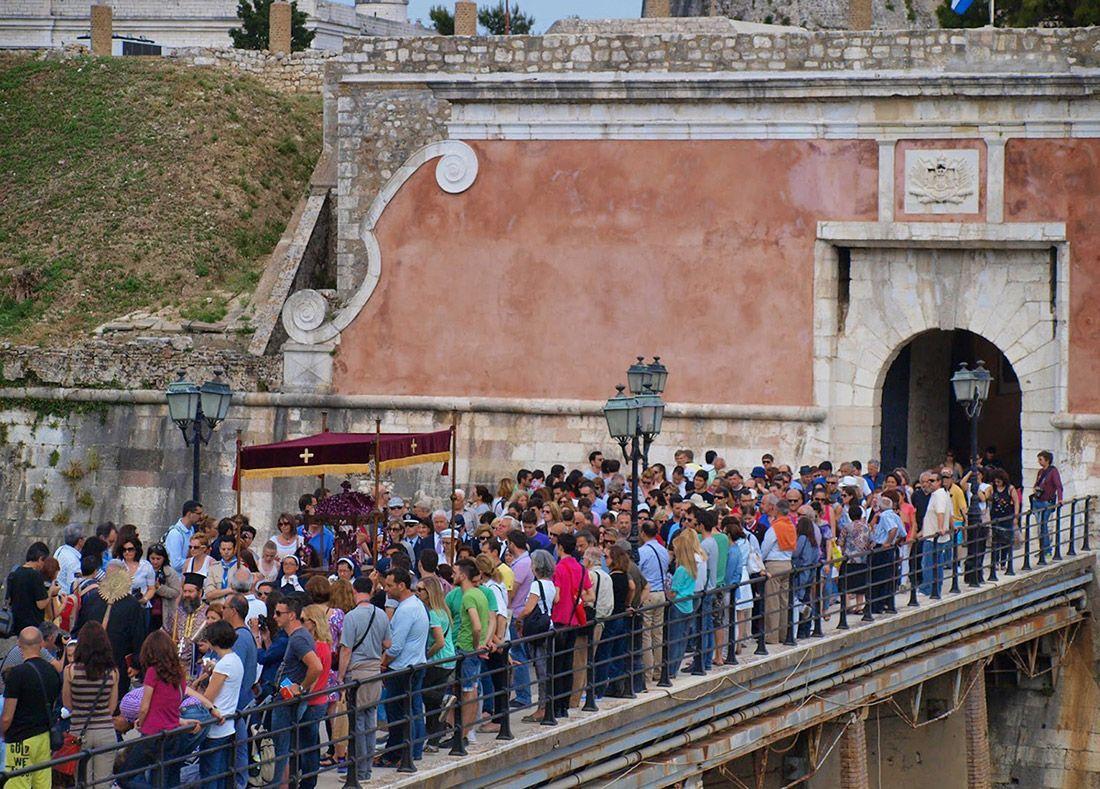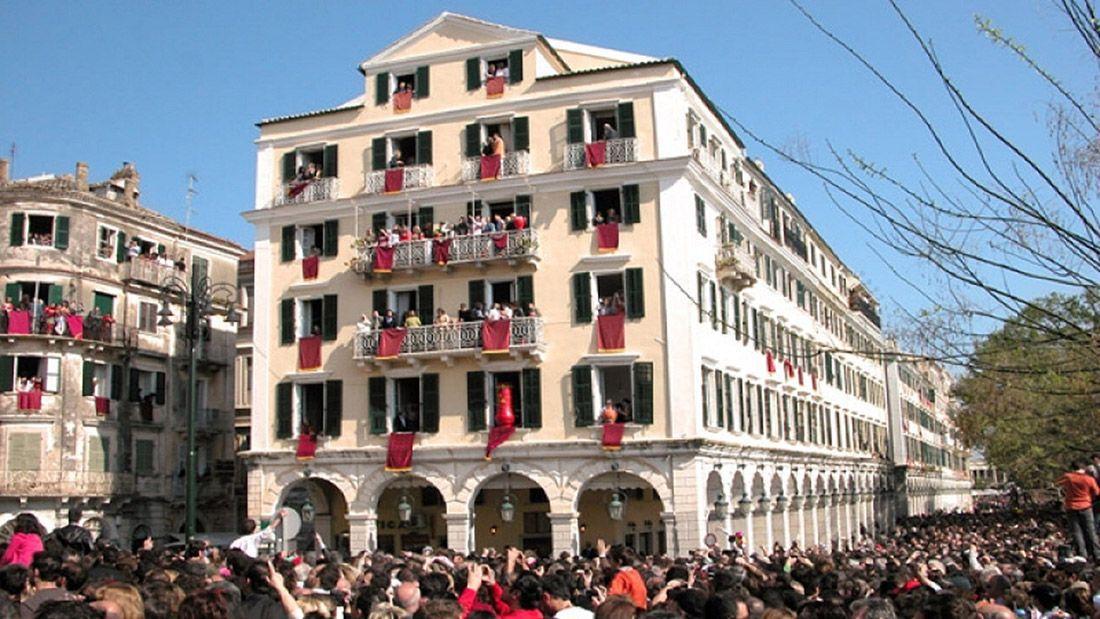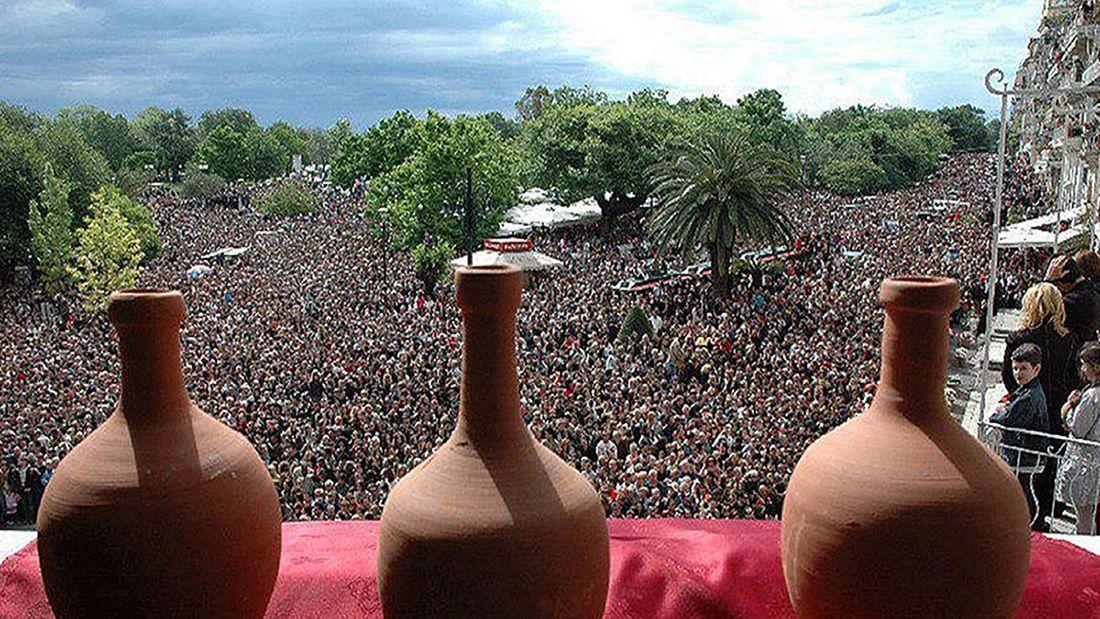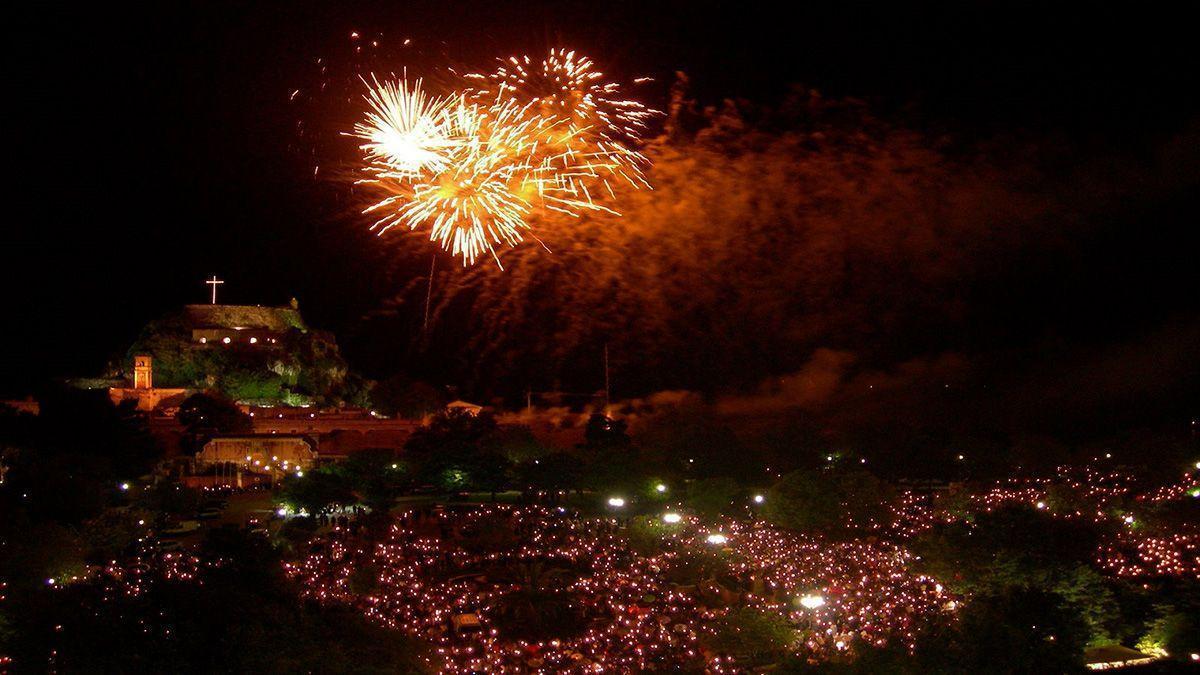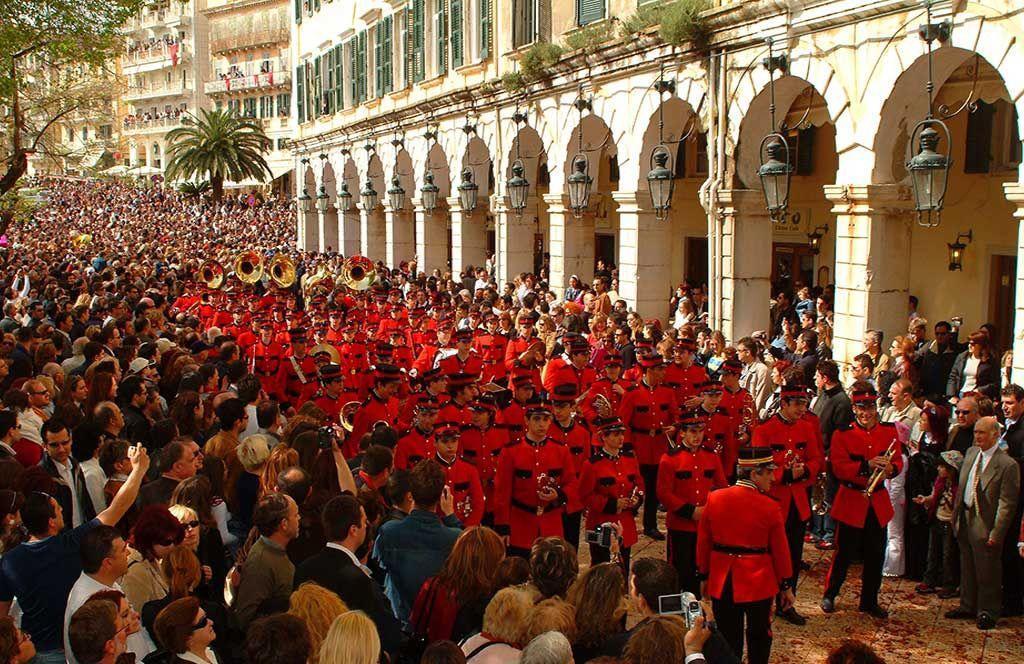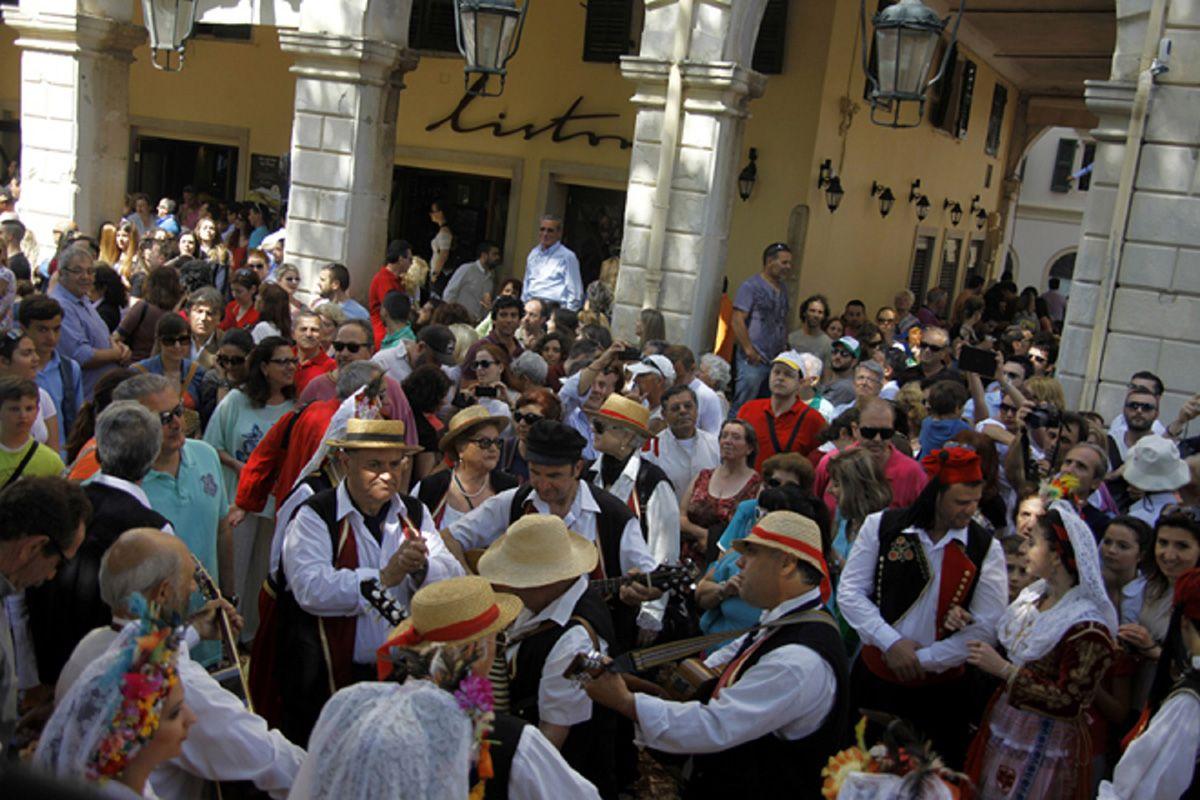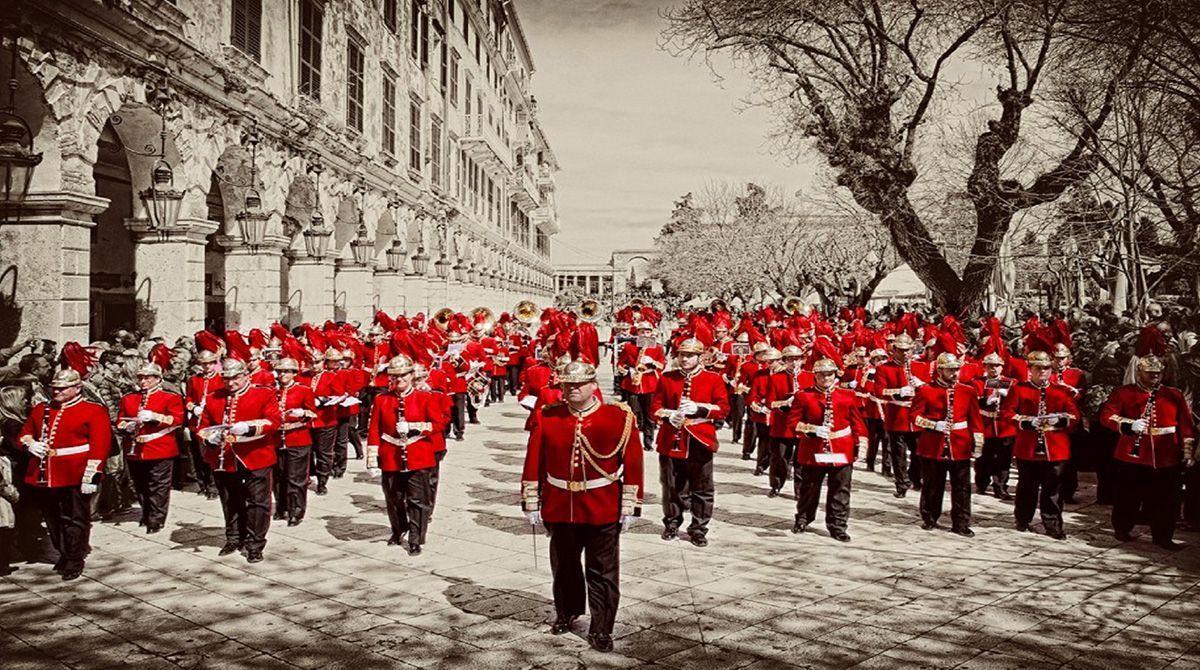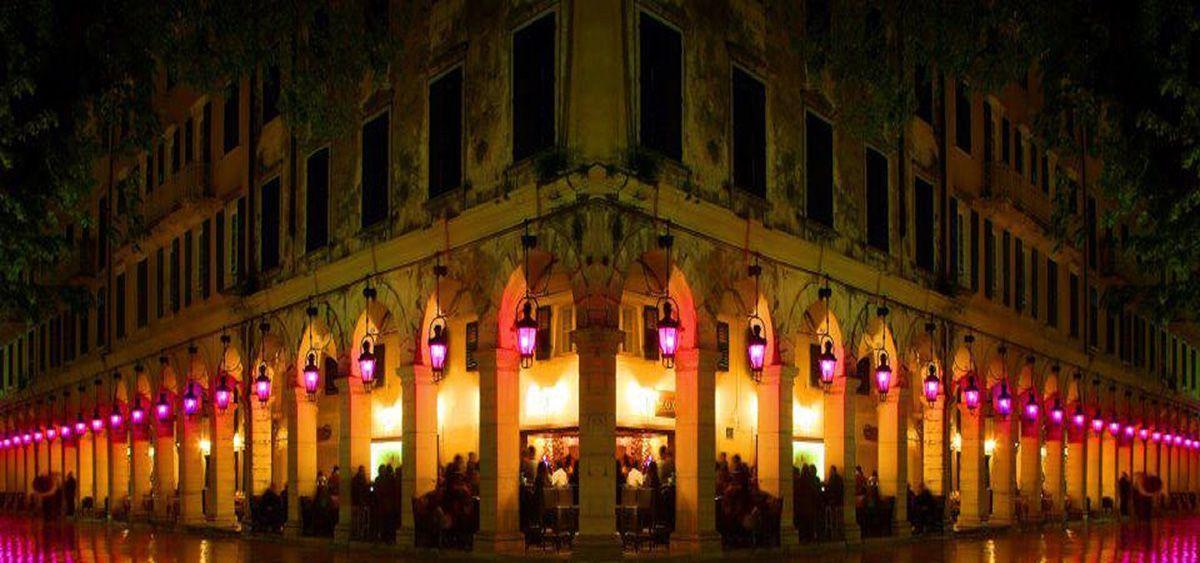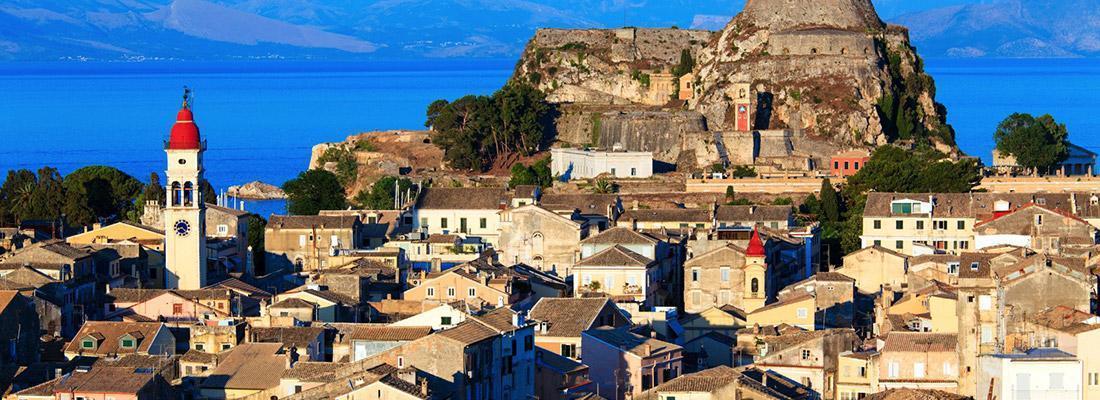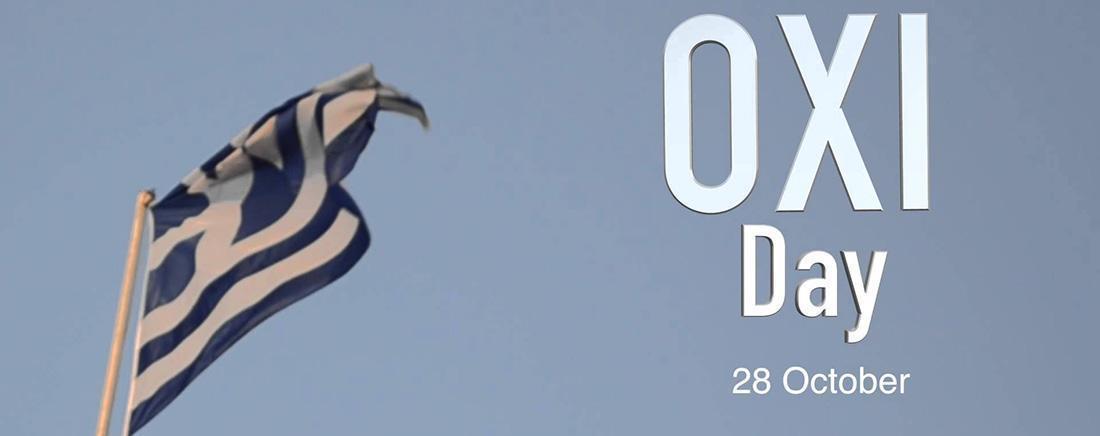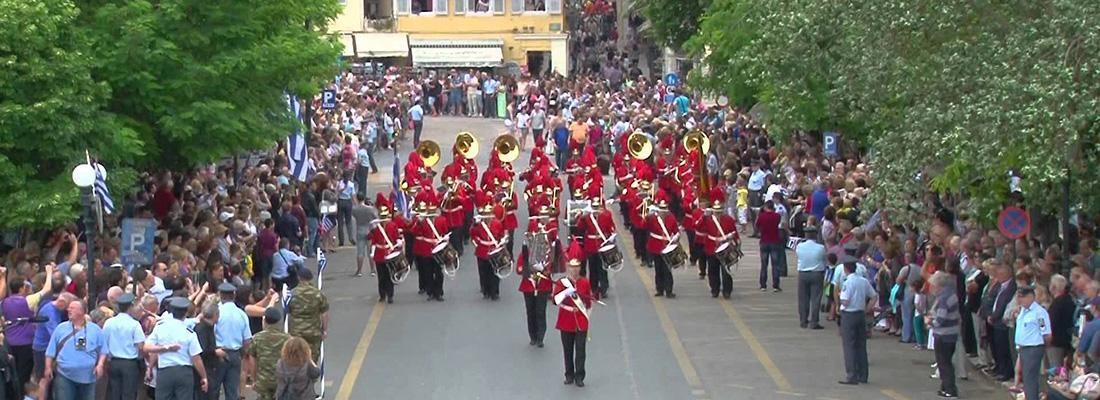Easter in Corfu is famous worldwide and considered the island is considered to most unique Easter in Greece hence the island is very crowded with people visiting from all around the world. This is the time of the year when the island brings to light all its natural and cultural beauty.
You will feel overwhelmed by the flora, you will be taken away by the music and you will acquire unprecedented feelings which derive from the religious events.
Easter in Corfu presents customs and traditions which can be traced back to the Western and Eastern culture, specifically in pagan customs which date thousands of years in the past. Celebrations which provide a new breeze of life to the islands, elevating them in a crescendo of joy and enthusiasm. The most distinctive characteristics of Easter in Corfu are the concerts of classical and church music which initiate all Christians, providing strong emotions to both locals and foreigners.The Christian Orthodox Easter period begins at the same time as in any other place.
Palm Sunday
At 11 o’clock in the morning, the procession of the holy body of Saint Spyridon takes place. It is a custom dating back to 1630, in memoriam to the relief of the island of the Plague, which in 1629 had claimed many victims from the island of Corfu. All 15 philharmonic bands of the island take part in that procession. At lunch, people enjoy the traditional dish of the day: stock fish or haddock with garlic-tasting mash potatoes.
Good Monday-Tuesday
Good Wednesday
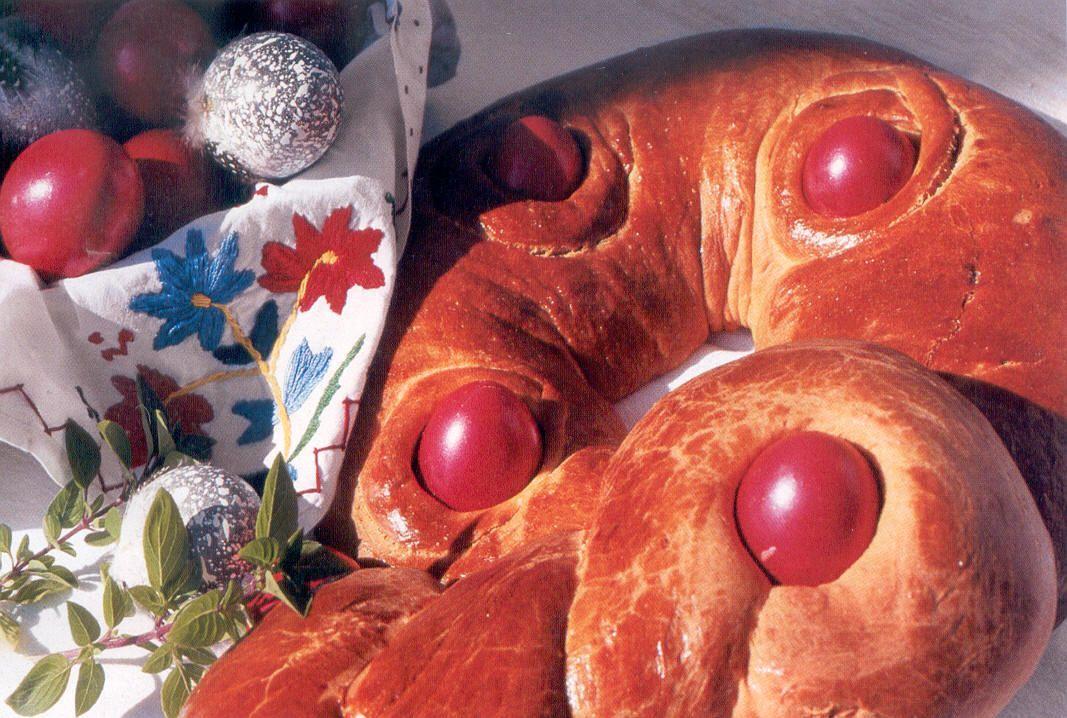
Maundy Thursday
Corfu is undergoing the last preparations for the celebration of Easter. At the churches, people experience with great respect the drama of Jesus and his Crucification.
In the heart of the old town, at the headquarters of the philharmonic bands, last-minute rehearsals are going underway with the most famous one being the rehearsal of the Philarmonic Society of Corfu (Palea).
Good Friday
The processions reenacting the death of Jesus (epitaphs) begin early in the afternoon, based on a strict schedule which derives from old protocols. At 2:30 in the afternoon, the procession from the church of Agios Nikolaos at Faliraki is taking place. Then, at 4 o’clock, the procession of the church of Agios Georgios originates from the Old Fortress and goes through the central roads of the town and the Liston. As time goes by, more and more processions appear and even meet each other in various points of town.
The procession begins with the Cross and the cherubims. The choir comes next, singing honorable psalms to Jesus Crist, sided by large fabric icons, standards (hangovers from the Byzantine era) and Venetian lanterns. Schools, boy scouts and young girls that are holding baskets of flowers are also taking part in the epitaph processions.
Later in the evening the procession of the last but most imposing epitaph, the one of the Cathedral is initiated. It is born by marine soldiers and all the priests of the town participate therein, as well as three philharmonic bands. The Philharmonic band of Corfu plays the “Adagio” by Albinoni , the blue Mantzaros Philharmonic band plays the ” Marcia Funebre ” (a mourning march) by Verdi and the red Kapodistrias band plays the mourning ”Elegia Funebre by Mariani and Chopin’s “Marche Funebre”.
Holy Saturday
Saturday starts off with another procession of the holy body of Saint Spyridon (this custom originates from 1550, when the Saint saved the island from famine). It is accompanied by the famous philharmonic bands of the island, which provide an unimaginable musical enjoyment. At the same time, the procession of the Epitaph of the church of Saint Spyridon takes place, a custom which originates from the Venetian occupation era. The philharmonic bands play Calde Lacrime by Michelli, Hamlet by Faccio and Marcia Funebre from Beethoven’t Heroica.
At 11 o’clock just, the most beloved and peculiar custom of all takes place. When the bells announce the “morning Resurrection”, people throw ceramic pots (botides) from windows and balconies all over Corfu Town. This noisy habit possible bears the influence of the Venetians who would throw old objects out of their window on New Year’s Day, so that the New Year would bring them loads of new things. Another possible explanation regarding this bizarre custom, is the pagan origination which states that by smashing things and making loud noises, the Ancient Greeks wanted to wake up Persephone, the goddess of spring, and accelerate the coming of spring.
After the first resurrection, as it is considered, the Philharmonic bands come back into the streets, playing joyful music.
At midnight, people go en masse to the central squares of Corfu town and the villages to celebrate Resurrection with glory and by following the typical customs.
Easter Sunday
Easter Sunday kicks off with the procession of the icon of Resurrection around Corfu town and the villages, followed by a festive meal.
The entire following week (“New Week”) goes by with processions and celebrations on every island. Every single church undertakes a procession of the icon of Resurrection, the standard, the cherubims and the Cross. Every time that the procession stops, people use small cannons to announce it.
Those cannons (maskoula) were of widespread use during the Venetian rule, and they were used at specific viewpoints, in order to notify the surrounding area and Corfu town of the moves of pirates or enemy ships.
Well-known churches for their majestic liturgies are Agios Ioannis (Town Centre) with Byzantine psalms, the monastery of Agia Efimia (Mon Repos), Platytera (Mantouki), Agioi Theodoroi (Garitsa), Ypapanti (Lakka Paxos), Agios Charalambos (Gaios Paxos) and the Cathedral (Town Centre), while in the monasteries of the Transfiguration (Agios Athanassios), and Kyra Kokkinada (Lefkimmi) you can experience the atmosphere of the most important celebration of Christianity.
The numerous churches of the island render the atmosphere even more religious. It would be interesting to even visit a few of them, since the religious events instigate the context of celebration to all visitors.


